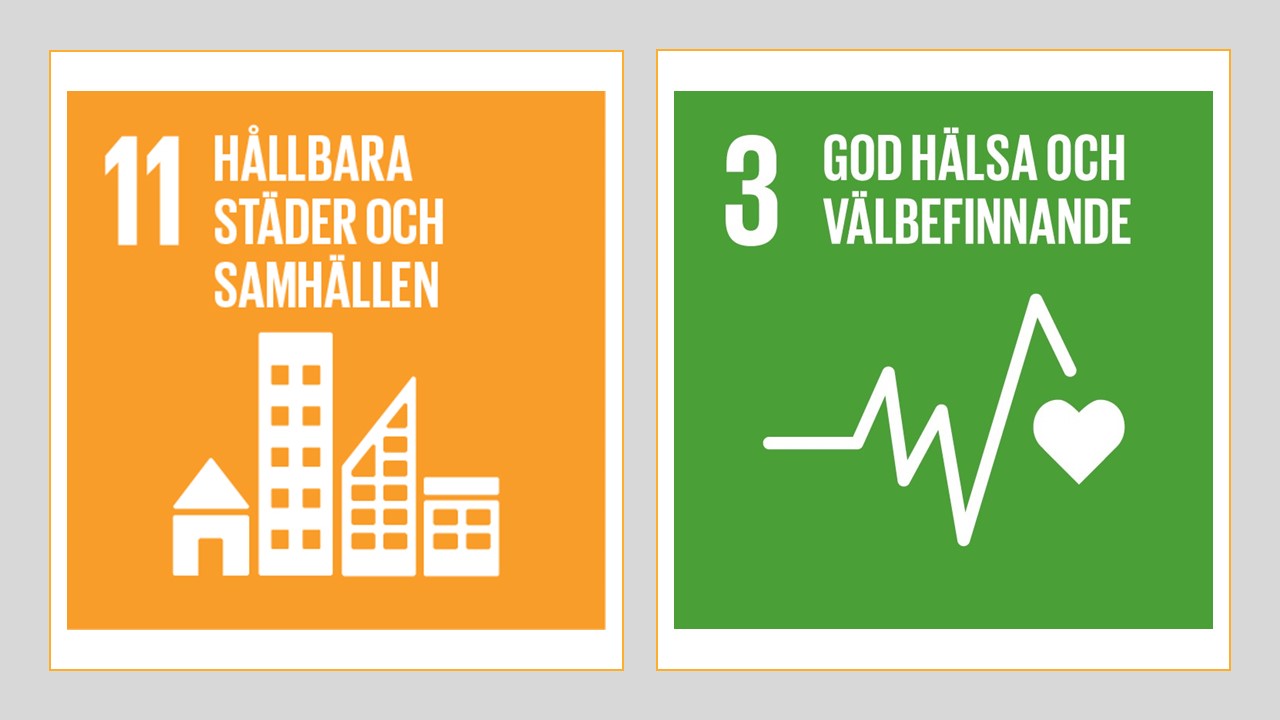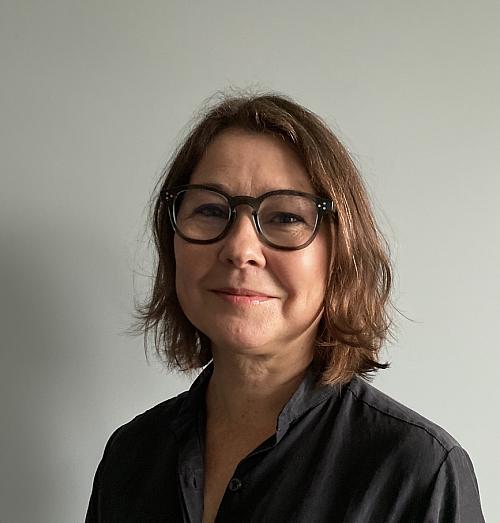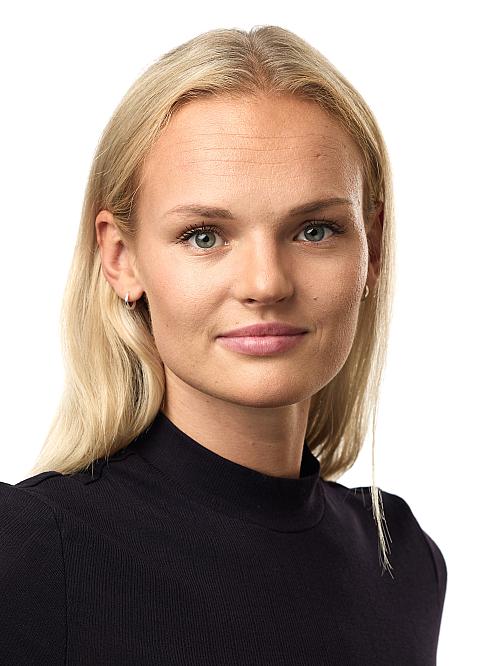Nursing homes as technological habitats – Digital technology supporting everyday citizenship, participation and dignity for nursing home residents
Facts
Collaborative partner: Jönköping municipality
Project duration: 2023-2026
Research team:
Lena Rosenberg, principal investigator
Ann-Charlotte Nedlund, co-researcher at Linköpings Universitet
Camilla Malinowsky, co-researcher at Karolinska Institutet
Dino Viscovi, co-researcher at Linnéuniversitetet
Ulrika Börjesson, co-researcher
Caroline Fischl, co-researcher
Ida Adolfsson, Ph.D. candidate
Financier: FORTE: Forskningsrådet för arbetsliv, hälsa och välfärd (2023-00141)
The project explore nursing homes as technological habitats where interactions between residents, their family/friends, staff, and various technologies are continuously ongoing. In this way, we can learn from the technology already in use and promote the introduction of new technology in nursing homes in ways that support residents’ everyday citizenship, participation, and dignity.
Rationale for the Study
Technological solutions are often highlighted as an important strategy to address challenges in elder care. At the same time, there is a prevailing perception that technology use in elder care is limited and that the digitalisation of nursing homes lies ahead in the future. Nevertheless, there is already a wide range of digital technology in nursing homes, such as alarm systems, locking systems, smartphones, and computers. Older persons moving into nursing homes are often technology users, yet their personal use of technology is rarely acknowledged — either in research or in practice.
Materials and Methods
The project has an ethnographic design with both qualitative and quantitative data. Field studies are being conducted in nursing homes in Jönköping Municipality, using participant observations, interview-based assessments, focus groups, and participant-oriented workshops.
Contact persons
- School of Health and Welfare
- +46 36-10 1395
- Lecturer
- School of Health and Welfare
- +46 36-10 1087
Agenda 2030 goals



